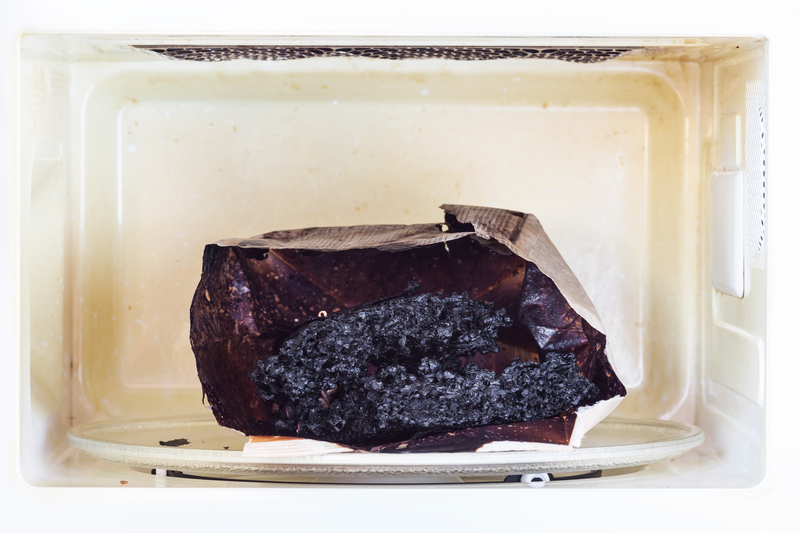Hygienic Home, Centered Thoughts
Posted on 06/09/2024
The Link Between Cleanliness and Mental Health
A cluttered and dirty home can contribute to feelings of chaos and mental clutter. According to psychological research, there is a direct correlation between a clean environment and mental clarity. For instance, a study published in the Journal of Environmental Psychology found that people with clean homes are generally healthier than those with messy ones. The simple act of cleaning can reduce cortisol levels, the body's primary stress hormone, thus contributing to lower anxiety levels.

Physical Health Benefits
A hygienic home goes hand-in-hand with good physical health. Dust, mold, and other allergens can accumulate in dirty homes, leading to respiratory problems, skin issues, and other ailments. Regular cleaning routines, such as vacuuming, dusting, and disinfecting surfaces, can drastically reduce the proliferation of germs and allergens, creating a safer environment for you and your loved ones.
A Clean Home Fosters Productivity
Working or living in a disorganized and dirty environment can make it challenging to focus. Clutter can serve as a constant reminder of tasks left undone, leading to procrastination and a lack of productivity. By keeping a clean and organized environment, you create a conducive atmosphere for concentration and efficiency. This is particularly crucial for those who work or study from home, where the confines of living and working spaces often overlap.
Home Hygiene Tips for Mental and Physical Well-being
Adopting a regular and systematic approach to home hygiene can seem daunting at first, but it's manageable with a thoughtful strategy. Here are some tips to help you maintain a hygienic home:
- Declutter Regularly: Start by getting rid of items you no longer need. Decluttering can make your cleaning routine easier and your living space more organized.
- Establish a Cleaning Schedule: Set aside specific days for different cleaning tasks. For instance, dedicate Mondays to dusting and vacuuming, Wednesdays to laundry, and weekends for deep cleaning.
- Use Eco-Friendly Cleaning Products: Opt for natural and eco-friendly cleaning agents. These are less harmful to your health and the environment, and they are often just as effective as their chemical counterparts.
- Ventilation is Key: Proper ventilation helps eliminate indoor pollutants and maintains indoor air quality. Keep windows open whenever possible and use exhaust fans in kitchens and bathrooms.
The Role of Minimalism
Minimalism goes beyond aesthetic choices; it's a lifestyle that emphasizes simplicity and intentionality. By embracing minimalism, you can significantly reduce clutter, making it easier to maintain a hygienic home. Minimalism encourages you to value quality over quantity, which can lead to a more fulfilling life and a more manageable home environment.

Mindfulness and Cleaning
Mindfulness is another practice that can enhance the experience of maintaining a hygienic home. Approach your cleaning tasks as an opportunity to engage in mindfulness, being fully present in the moment. This practice can transform mundane chores into acts of self-care, contributing to mental tranquility and emotional stability.
Conclusion: The Interconnected Web of Cleanliness and Mental Clarity
In conclusion, the state of our living space has far-reaching implications for both our physical health and mental well-being. A hygienic home serves as a sanctuary where the mind can find clarity and the body can thrive. By committing to regular cleaning routines, minimalism, and mindful practices, you can create an environment that nourishes both your inner and outer self. Remember, a clean home is more than just a spotless surface--it's the cornerstone of a centered and balanced life.
By making conscious efforts to maintain a hygienic home, you're not just investing in a cleaner space but also nurturing your mental and emotional health. With a bit of discipline and attention, you can create a home that supports a centered mind and a peaceful life.
Latest Posts
Fast and Easy Sofa Cushion Cleaning Solutions




